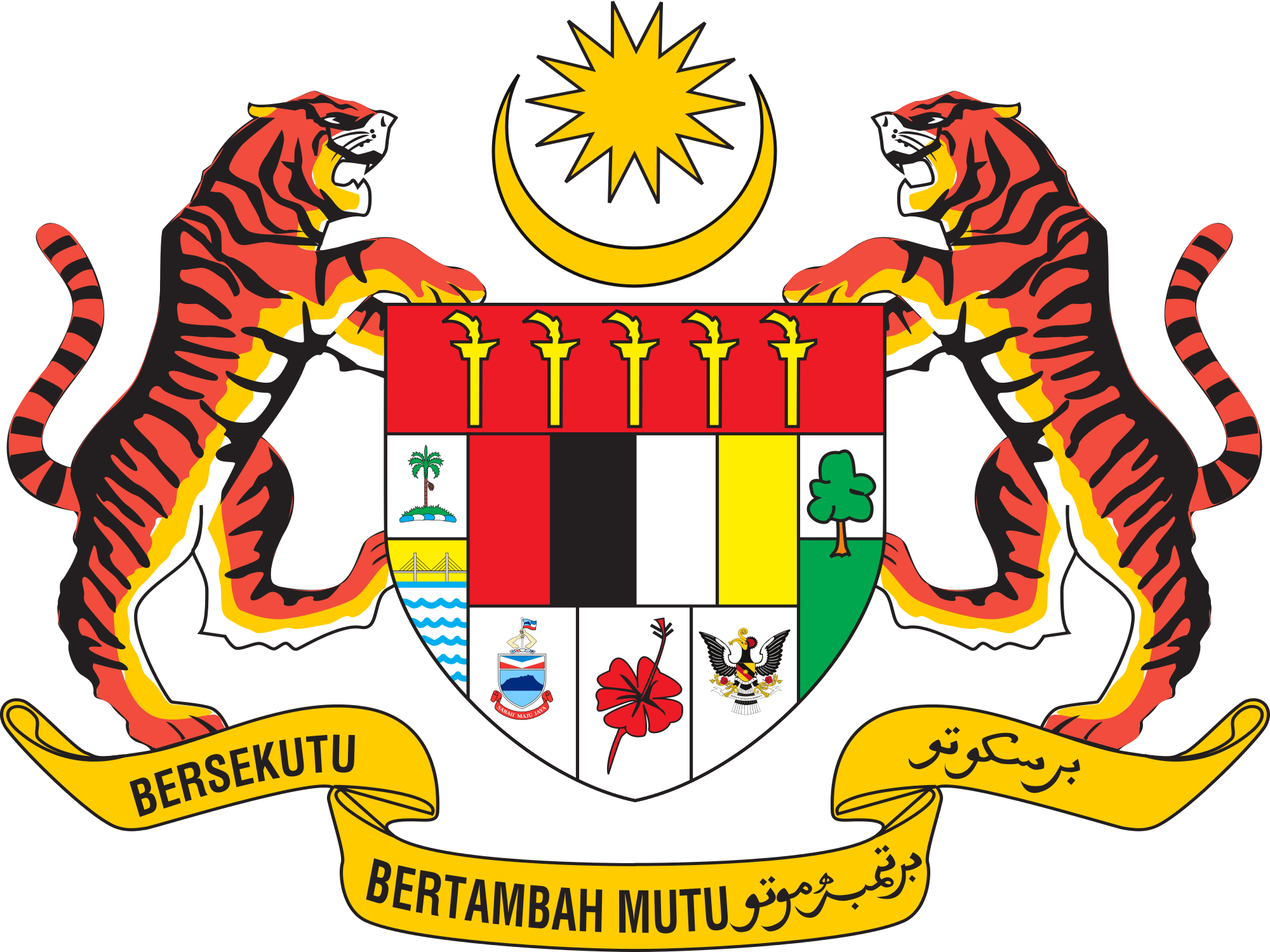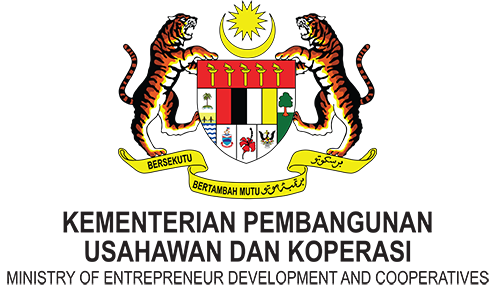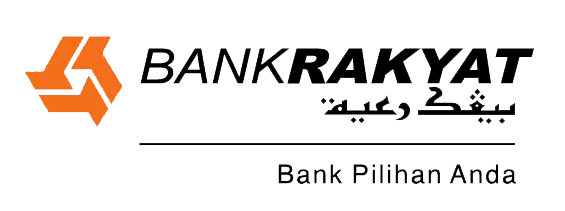
SME Bank's Group president and chief executive officer, Aria Putera Ismail said the bank is also establishing a comprehensive and customised Sustainable Development Goal (SDG) framework.
KUALA LUMPUR: SME Bank is focusing on institutionalising the environmental, social, and governance (ESG) culture within the group as it enters into its second year of implementing its three-year sustainability roadmap.
SME Bank's Group president and chief executive officer, Aria Putera Ismail said the bank is also establishing a comprehensive and customised Sustainable Development Goal (SDG) framework, Bernama reported.
The SDG involves several key milestones such as conducting a materiality assessment amongst various stakeholders to align with its ESG goals, the bank said in a statemen.
SME Bank’s sustainability journey is centred on three pillars, namely responsible banking, responsible business practices and creating social impact, the bank added.
Sustainability and strategic management head, Zakiah Mat Esa said the bank is also in the midst of conducting a survey on the materiality issues with selected stakeholders which include customers, relevant ministries, agencies, employees, non-governmental organisations, local communities, chambers of commerce, associations, vendors and investors.
The move is to enable the bank to identify what issues are important to these stakeholders and formulate the relevant strategies to achieve sustainability goals that are in line with the United Nations Sustainable Development Goals, she said.
Earlier this year, SME Bank signed an agreement with SME Corp Malaysia to offer fixed working capital financing under the Working Capital@BAP facility for small and medium entrepreneurs (SMEs) affected by the Covid-19 pandemic through a fund allocation of RM50mil.
Minister of Entrepreneur Development and Cooperative Tan Sri Noh Omar said in a statement that Working Capital@BAP is a joint venture of two agencies under the purview of the ministry that had successfully integrated comprehensive assistance specifically to take SME businesses to the next level.
He said the government, through SME Corp, had provided a revolving fund of RM151.5mil for the BAP Programme, since its introduction in 2011, and SME Bank had acted as the agency that managed and distributed these funds.
“The government is optimistic that 2022 will be the year for the SME sector to continue to rise and improve its growth trajectory
“This is supported by Budget 2022 which allocates RM14.2bil for the SME sector as well as the National Recovery Plan, which focuses on driving economic recovery, ensuring sustainability and at the same time, driving technological improvement and innovation,” he said.
SME Corp chief executive officer Rizal Nainy meanwhile said there were still many SMEs that needed an injection of funds to enable them to continue to operate during and post-Covid-19 pandemic.
“This fixed working capital financing is intended to help pandemic-affected SMEs continue to operate by facilitating the process of obtaining financing through the use of a simpler valuation format and focus on the type of financing required,” he said.
The BAP programme is open to all SMEs who meet the requirements.






















